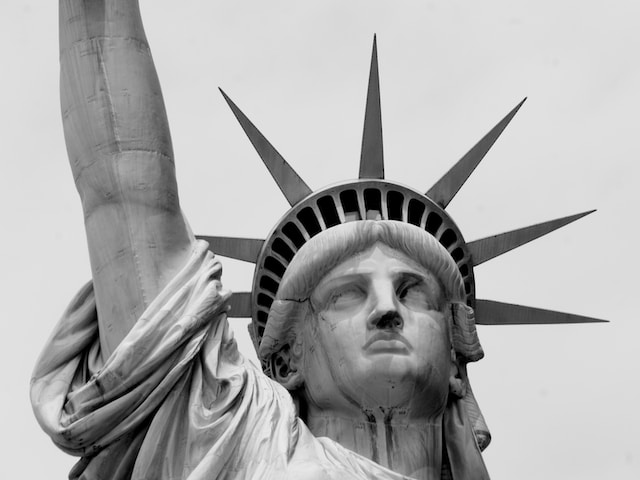

If you’ve suffered abuse or been harmed by a spouse, parent, or child, you may have legal options that can help you stay in the United States. Protections under the Violence Against Women Act (VAWA) are available to non-citizens (both men and women alike) who have endured domestic violence. Here at Monica Saran-Nace, P.C., we understand how overwhelming and uncertain this time can be. Our dedicated Queens immigration lawyer handles VAWA cases with care and determination, working closely with you to explore every immigration pathway available. Contact Monica Saran-Nace, P.C. for an initial consultation today.
The Violence Against Women Act (VAWA) is a federal law that was enacted to protect victims of domestic violence, sexual assault, and other forms of abuse. One of its most powerful features is that it allows certain non-citizens who have been abused by a U.S. citizen or lawful permanent resident to apply for immigration relief without the abuser’s knowledge or consent. This can be a lifeline for individuals who feel trapped in unsafe situations due to their immigration status.
Under VAWA, eligible immigrants can “self-petition” for lawful status, meaning they don’t need the abuser to sponsor them. This protection applies not just to women, but to men and children as well. If approved, VAWA relief can allow someone to obtain work authorization, access public benefits, and ultimately pursue lawful permanent residency in the United States, all while remaining independent of their abuser.
You may qualify for protection under VAWA if you are a non-citizen who has experienced abuse or extreme cruelty at the hands of a:
To be eligible, you must also demonstrate that you lived with the abuser at some point, that you have good moral character, and that the abuse occurred during the relationship. Importantly, VAWA does not require police reports or criminal charges to prove abuse; sworn statements, medical records, therapist letters, and other documentation can help support your case.
Whether you’re married to a U.S. citizen, were recently divorced, or are the parent of a child who’s hurting you, there may be a legal path forward under VAWA. Every situation is unique, and an experienced immigration lawyer can help determine your eligibility.
Yes. One of the most important features of VAWA is that it creates a path toward permanent legal residency, and eventually, U.S. citizenship. If your VAWA petition is approved, you may become eligible to apply for a green card (lawful permanent resident status). Once you have your green card, you can generally apply for citizenship after five years, or three years if you were married to your abusive U.S. citizen spouse at the time your green card was granted.
The process can feel complicated, but with the right legal support, many survivors are able to not only protect themselves but also build a secure, permanent future in the United States.
We understand just how overwhelming it is to be a victim of domestic violence, and this is only compounded if you’re an undocumented immigrant and fear the prospect of deportation. That said, there are laws in place to protect you, and our firm is here to leverage those laws to your advantage. Please don’t hesitate to contact a knowledgeable Queens VAWA lawyer from our firm for a consultation today. We are on your side, and we will be, every step of the way.
© 2025 Monica Saran-Nace, P.C.. All rights reserved. Attorney advertising.